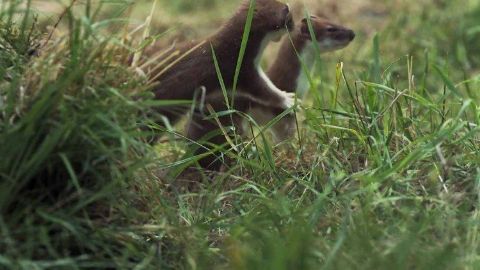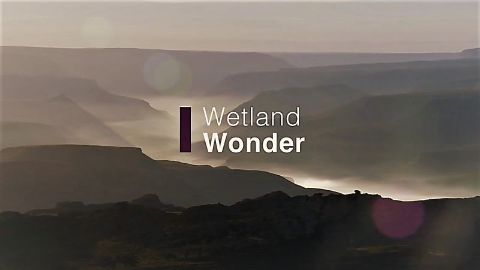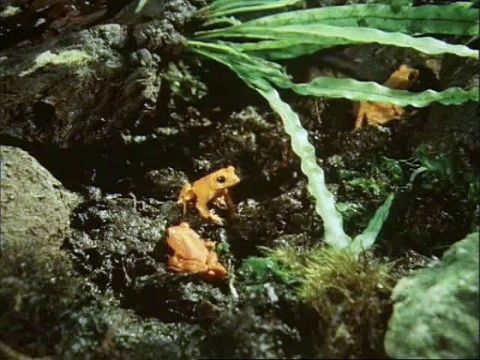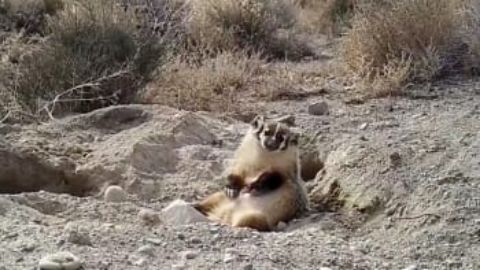You might also like
Be it buffalo, polar bears, humpback whales or albatross chicks, migration is a vital survival strategy for animals to feed, reproduce and find homes.
S2E1 • Our Planet • 2023 • Nature
This programme surveys mammal herbivores and their predators. The herbivores began to populate the forests when the dinosaurs disappeared, and many took to gathering food at night. To prepare for winter, some store it in vast quantities, some hibernate and others make do as best they can. However, the carnivores joined them, and when a drying climate triggered the spread of grass, they followed their prey out on to the plains. Grass is not easily digestible and most animals that eat it have to regurgitate it and chew the cud. Out in the open, the leaf-eaters had to develop means of protection.
11/13 • Life on Earth • 1979 • Nature
Natural Selection is one of the main concepts found within the theory of evolution. It was discovered by Charles Darwin and Alfred Russel Wallace though Darwin championed the idea in his book "On the Origin of Species".
Lake St. Lucia, Africa's largest estuary lake, is under siege. A series of human missteps have left it cut off from the sea, and the water levels are dangerously low. The wildlife relying on its ecosystem are most affected--from hippos and crocodiles that live on its banks, to exotic birds that migrate from as far as 6,000 miles away. Can they adjust to the new, drier reality imposed on them?
S1E8 • Waterworld Africa • 2017 • Nature
The next instalment describes the move from water to land. The fish that did so may have been forced to because of drought, or chose to in search of food. Either way, they eventually evolved into amphibians. Such creatures needed two things: limbs for mobility and lungs to breathe. The coelacanth is shown as a fish with bony fins that could have developed into legs, and the lungfish is able to absorb gaseous oxygen. However, evidence of an animal that possessed both is presented in the 450 million-year-old fossilised remains of a fish called a eusthenopteron. Three groups of amphibians are explored.
6/13 • Life on Earth • 1979 • Nature
A look at what could make an animal vanish into thin air, what could cause the sea to take on an eerie glow, and what event would bring killer whales together in huge numbers.
S1E8 • Nature's Strangest Mysteries: Solved • 2019 • Nature





